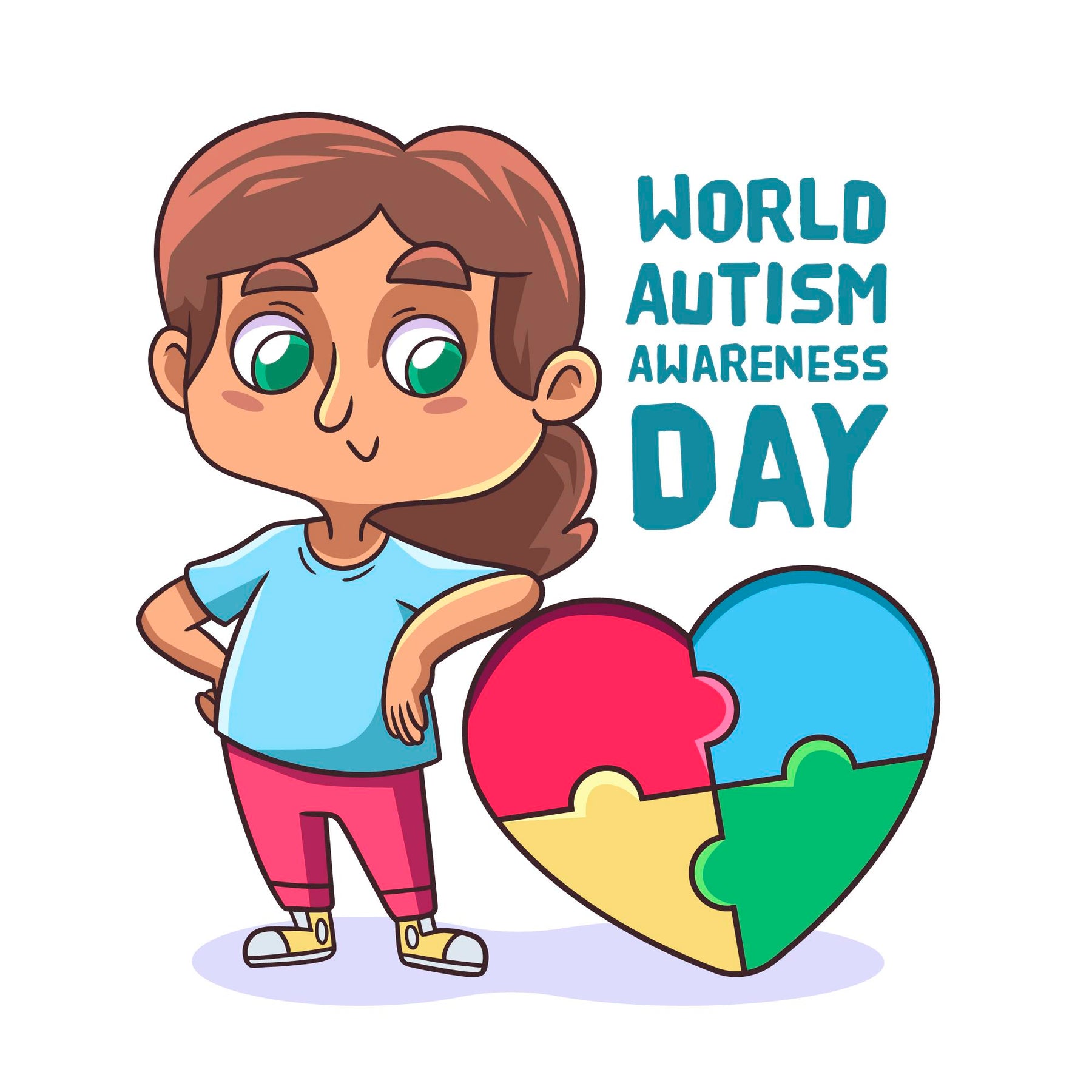
Building Connections Through Puzzle Solving: Celebrating Autism Awareness Day
April 2nd marks World Autism Awareness Day
A day dedicated to raising awareness and understanding of autism spectrum disorder (ASD) and supporting those who live with it. According to the World Health Organization, 1 in 160 children has ASD worldwide, making it an important cause to bring attention to.
One activity that has shown to be beneficial for individuals with ASD is working on jigsaw puzzles. In fact, many therapists and educators use puzzles as a tool to help develop and improve cognitive skills in those with ASD.
At Brain Tree Games, we are committed to promoting awareness of ASD and supporting those affected by it. Our collection of jigsaw puzzles has been designed to cater to individuals with ASD, with features such as clear and easy-to-see puzzle pieces, large puzzle pieces for easier handling, and colorful designs to engage and stimulate the mind.
Solving jigsaw puzzles has numerous benefits for individuals with ASD. It can help with the development of fine motor skills, hand-eye coordination, and problem-solving abilities. It can also serve as a calming activity to help reduce stress and anxiety.
In addition to its therapeutic benefits, working on puzzles is also a fun and engaging activity for individuals of all ages. Our collection of jigsaw puzzles includes a wide range of designs, from scenic landscapes to colorful abstract patterns, so there is something for everyone.
By promoting autism awareness and supporting those affected by it, we can create a more inclusive and understanding world. And what better way to do that than by sharing the joy and benefits of working on jigsaw puzzles?
So this Autism Awareness Day, join us in promoting awareness and understanding of ASD, and consider adding a Brain Tree Games jigsaw puzzle to your collection. With every puzzle you solve, you'll not only be improving your own cognitive skills, but also supporting a great cause.
Tips for ASD
-
Start with simpler puzzles: Depending on the individual’s level of comfort and experience with puzzles, starting with simpler ones may be best. A 500 piece puzzle can be a great starting point, and gradually increasing the number of pieces can help build confidence and skills.
-
Consider visual supports: Visual supports can be helpful for individuals with autism, such as using a picture of the completed puzzle as a reference or using color-coded trays for the puzzle pieces.
-
Use positive reinforcement: Praise and positive reinforcement can be helpful in motivating individuals with autism to continue working on the puzzle. Rewarding progress and completion can also be effective.
-
Create a quiet, low-stimulus environment: Many individuals with autism may be sensitive to noise, visual distractions, or other stimuli. Creating a quiet, low-stimulus environment to work on the puzzle can help them focus and reduce anxiety.
-
Take breaks: Depending on the individual, taking breaks from the puzzle can be beneficial. It can help prevent frustration and provide opportunities for other activities that promote relaxation and self-regulation.
-
Work together: Working together with a family member, friend, or therapist can provide social interaction, encourage communication, and make the experience more enjoyable.
-
Explore different puzzle types: There are many different types of puzzles available, from traditional jigsaw puzzles to three-dimensional puzzles and more. Exploring different types of puzzles can keep the activity fresh and engaging.
By following these tips, individuals with autism can enjoy the benefits of jigsaw puzzles while also improving their cognitive and social skills. Brain Tree Games is proud to offer a wide selection of puzzles that cater to individuals of all ages and abilities, including those on the autism spectrum. Our puzzles are made with high-quality materials and designs that are both fun and challenging.
Check Out products from Brain Tree, Which are specially designed for ASD
